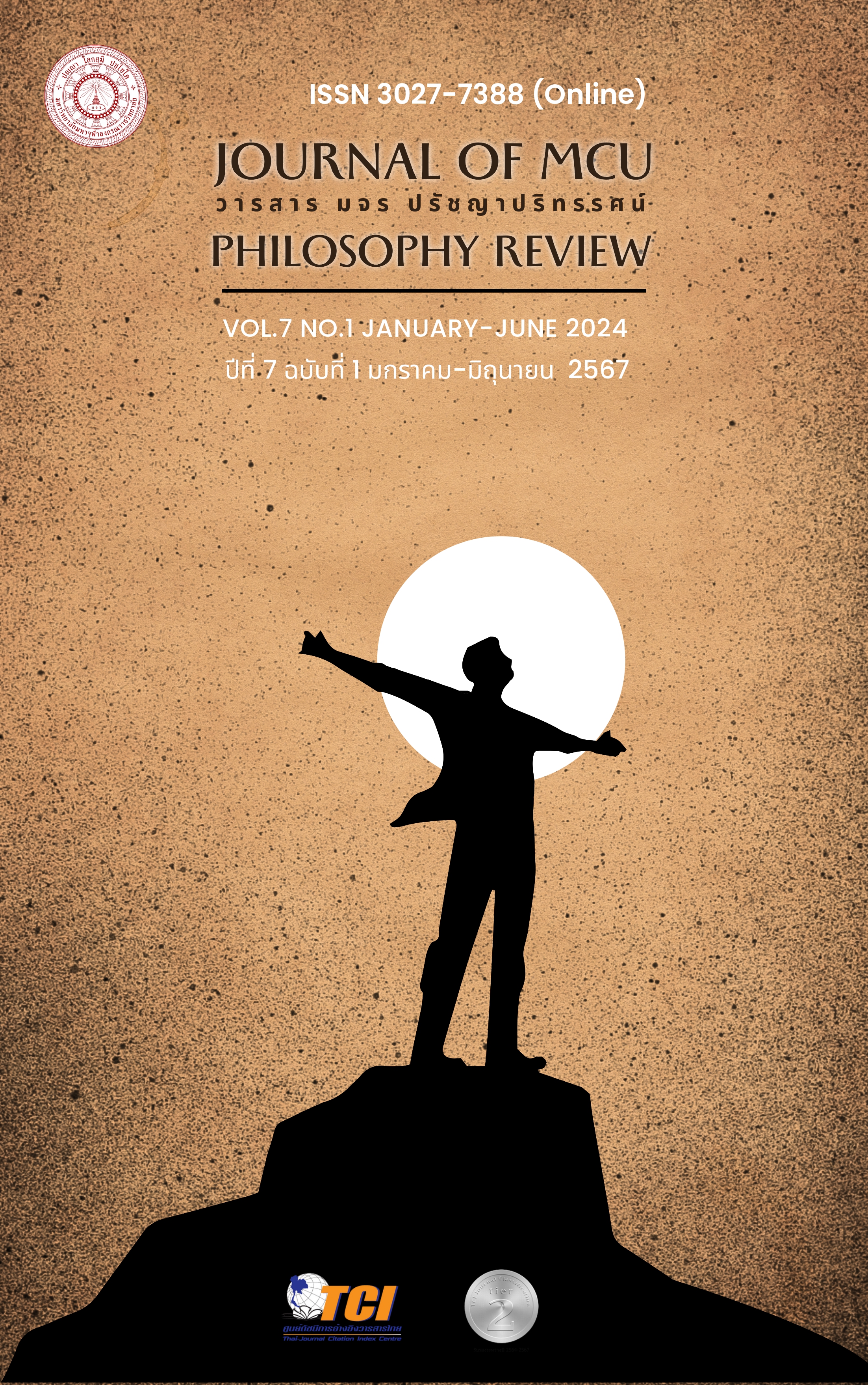The Primary School Administration Towards Excellence in Taiyuan City
Main Article Content
Abstract
The purposes of this research were to: 1) Identify the factors of primary school administration towards excellence in Taiyuan City, 2) to confirm the factors of primary school administration towards excellence in Taiyuan City. The sample was 19 primary schools. The two respondents from each school were a principal and a teacher with a total of 382 respondents. The instrument for collecting the data was opinionnaire. The statistics used to analyze the data were frequency, percentage, arithmetic mean, standard deviation and confirmatory factor analysis. The findings of this research were as follows: 1. The factors of primary school administration towards excellence in Taiyuan city were 9 factors: 1) Leadership,2) Strategic Planning,3) Staff Management,4) Resources, 5) Student Focused Processes, 6) Administrative and Operational Results, 7) Staff Results, 8) Partnership and Society Results and 9) Key Performance Results. 2. The factors of primary school administration towards excellence in Taiyuan city were good fit with the empirical data.
Article Details

This work is licensed under a Creative Commons Attribution-NonCommercial-NoDerivatives 4.0 International License.
บทความที่ได้รับการตีพิมพ์เป็นลิขสิทธิ์ของวารสาร มจร ปรัชญาปริทรรศน์
ข้อความในบทความที่ได้รับการตีพิมพ์ในวารสาร ถือเป็นความรับผิดชอบของผู้เขียนบทความ และข้อคิดเห็นนั้นไม่ถือว่าเป็นทัศนะและความรับผิดชอบของกองบรรณาธิการวารสาร มจร ปรัชญาปริทรรศน์
References
David J. Armor, Gary N. Marks, and Aron Malatinszky. (2018). The Impact of School SES on Student Achievement: Evidence from U.S. Statewide Achievement Data. Educational Evaluation and Policy Analysis, 40(4): 613-30.
Endang Poerwanti. (2018). Identification on the Excellence Value of Primary School in Malang. Advances in Social Science, Education and Humanities Research, 231: 599-601.
Fornell, C., Larcker, D. F. (1981). Evaluating Structural Equation Models with Unobservable Variables and Measurement Error. Journal of Marketing Research, 18(1), 39–50.
J. C. Anderson, & D. W. Gerbing. (1988). Structural equation modeling in practice: A review and recommended two-step approach. Psychological Bulletin, 103(3), 411–423.
J. F. Hair, W. C. Black, B. J. Babin, & R. E. Anderson. (2010). Multivariate Data Analysis.7th ed. Upper Saddle River, NJ: Prentice Hall
Likert, R. (1932). A Technique for the Measurement of Attitudes. Archives of Psychology: 22.
Ng Pak Tee. (2003). The Singapore School and the School Excellence Model. Educational Research for Policy and Practice, 2(1): 27-39.
Pak Tee Na and David Chan. (2008). A Comparative Study of Singapore’s School Excellence Model with Hong Kong’s School-Based Management. International Journal of Education Management, 22(6): 488-505.
Tee Ng and others. (2003). A comparative study of Singapore's school excellence model with Hong Kong's school‐based management. International Journal Of Educational Management, 22(6):488-505.
Tom Peters and Robert H. Waterman. (2004) In Search of Excellence: Lessons from America's Best-Run Companies. UK: HarperCollins.
Hechuan Sun. (2019). International Comparative Study on Educational Supervision and Evaluation Index System. Beijing: China International Press.
Rezhna Hassan Faraj. (2018). Assessing Excellen ce Management in the Light of the European Excellence Model at Taif University. International Journal of Education and Literacy Studies, 6(4), 175-186


